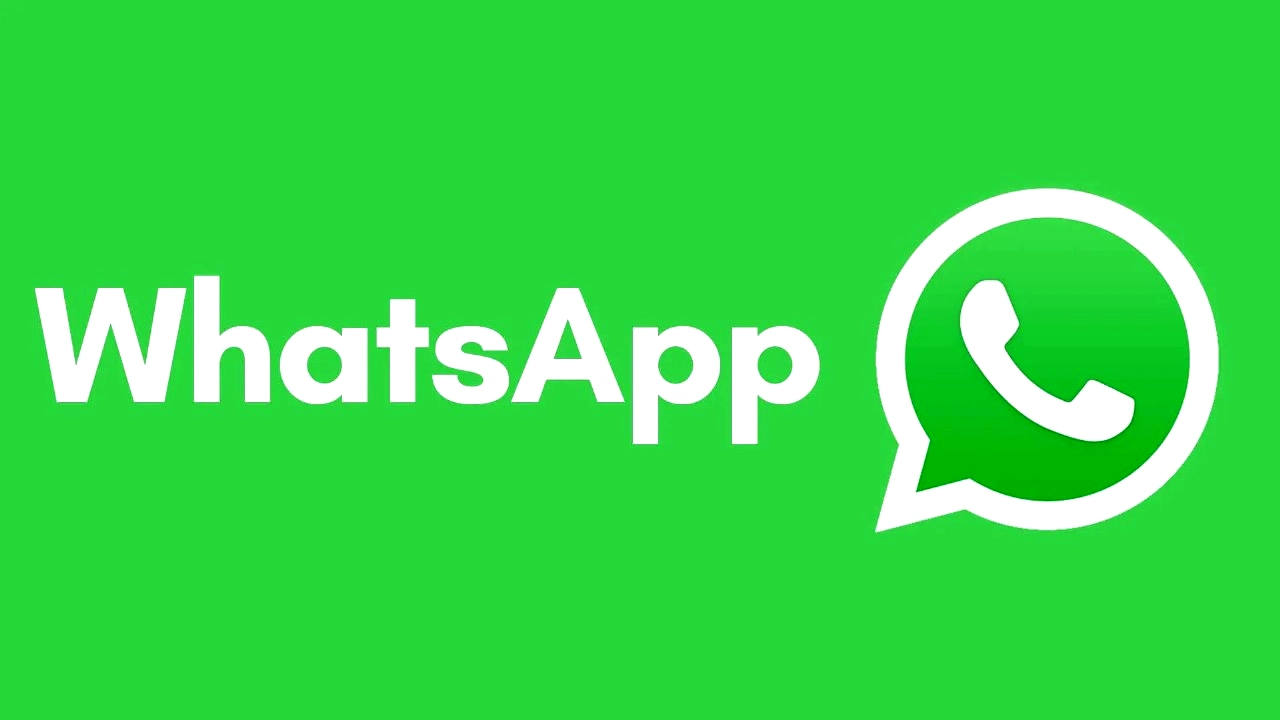The change will begin for WhatsApp Beta users in December 2023 and roll out to all Android users in early 2024.
Backups shared across Drive, Gmail, and Photos will be counted against the 15GB of free storage. Image courtesy of Reuters
For various reasons, including bettering user experience, boosting security, resolving problems, and maintaining its competitiveness in the messaging app industry, WhatsApp often releases updates. It was revealed in a recent upgrade to the WhatsApp Business beta for Android (version 2.23.24.21) that Google and WhatsApp will no longer be offering an unlimited storage quota for WhatsApp backups.
Just like WhatsApp backups on other mobile platforms,
you should be aware that soon your Google Account cloud storage limit will be affected by WhatsApp backups on Android as well. This update will be progressively made available to all Android WhatsApp users beginning in early 2024, after which it will be made available to WhatsApp Beta users beginning in December 2023, according to a blog post by Google.
The change will begin for WhatsApp Beta users in December 2023 and roll out to all Android users in early 2024. The 15GB of free storage that is shared across Drive, Gmail, and Photos will be applied to backups. After using up all available capacity,
users will need to choose explore Google One for more storage or make space for backups.
By synchronizing Android backup with other systems, the shift seeks to improve safety as well as reliability. This change signifies a substantial improvement in the user experience when performing backups on Android by bringing it into compliance with iOS backup processes.
There will be an additional bonus for users on both platforms: 15GB of free storage. This suggests that cloud storage providers,
like Google Drive for Android users,
will be integrated, making it easier for users to back up their WhatsApp data and utilize the allotted free storage space.
But, users will still be able to use the 15GB of free cloud storage that comes with their Google Account to back up their data at no additional cost. It is recommended that individuals who surpass this limit make room by removing any unnecessary conversations or material. On the other hand, customers can choose to subscribe to a Google One plan, which offers 100GB of storage for $1.99 per month, if they would want more storage
Be aware that Google says your storage quota remains the same at this moment if you have a Google Workspace membership through your place of employment or education.

Is WhatsApp stored in the cloud?
Answer : WhatsApp regularly generates a backup. Depending on the user, the backup frequency can be changed. On Android and iOS devices, it makes use of iCloud and Google Drive. Compared to Android, iCloud is a little more complicated but safer.
Do deleted WhatsApp messages stay on iCloud?
Answer : Thankfully WhatsApp features two backup systems: one that stores communications on your smartphone and the other on the cloud. This implies that even if you remove your phone, the conversations will always be recoverable from your iCloud account (for iPhone users) or Google Drive account (for Android users).
Does WhatsApp have infinite storage?
Answer : Indeed, users of Android devices will no longer have unlimited storage for their media and chats on WhatsApp. It’s unclear why WhatsApp is providing this function at this time. The most evident, though, is that Google might no longer wish to provide WhatsApp users on Android with unlimited storage.
How can I use more storage on WhatsApp?
Answer : Tap Storage and data > Manage storage. The amount of space taken up on your device by WhatsApp is displayed at the top of the screen. You can free up storage by deleting items that are large or have been forwarded many times.
How do I free up cloud storage on WhatsApp? To remove conversations from the WhatsApp database on your phone:
Answer : Launch your file manager.
Tap the WhatsApp folder to view your device’s WhatsApp sub-folders.
Tap and hold the Databases file > Delete.
On Android 10+ the file path is: Main Storage > Android > Media > com. whatsapp > WhatsApp > Databases.
How can I recover deleted WhatsApp messages without backup?
Answer : Step 1: Remove WhatsApp from your mobile device.
- Step 2: Verify your phone number and reinstall WhatsApp.
- Step 3: You will be asked to restore your chat history all over the authentication procedure.
- To recover your erased messages, tap “Restore”.
What is internal storage in WhatsApp?
Answer : Media files are automatically stored to your WhatsApp/Media/folder on Android devices. The WhatsApp folder can be found on your internal storage if you have it. The folder will be on your SD card or external SD card if you don’t have internal storage.
Getting to the Notification History tab involves going through the same steps across most Android devices.
Answer :Launch the Settings app, select Notifications from the menu,and then click Notification History.
Enable Notification History.
From now on, all deleted messages from Instagram and WhatsApp will appear here.
How do I check my WhatsApp backup on iCloud?
Answer : Check WhatsApp > Settings > Chats > Chat Backup to make sure there is an iCloud backup. Go ahead and remove and reinstall WhatsApp if you can see when the last backup was made. To recover your chat history, follow the instructions after confirming your phone number.
What is the minimum storage for WhatsApp?
Answer : Examine your storage capacity. On your device, WhatsApp needs at least 1GB of free storage space.
Do deleted WhatsApp messages stay on iCloud?
Answer : Thankfully WhatsApp features two backup systems: one that stores communications on your smartphone and the other on the cloud. This implies that even if you remove your phone, the conversations will always be recoverable from your iCloud account (for iPhone users) or Google Drive account (for Android users).